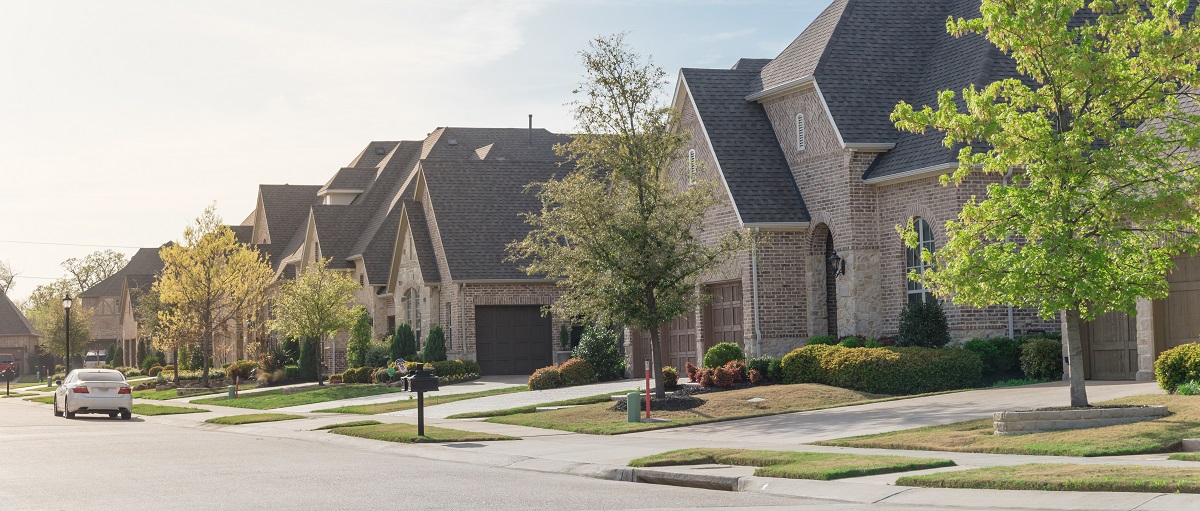 The Supreme Court of Texas recently held that a mortgagee’s foreclosure action was time-barred and that the doctrine of equitable subrogation did not provide the lender with an alternative timely claim.
The Supreme Court of Texas recently held that a mortgagee’s foreclosure action was time-barred and that the doctrine of equitable subrogation did not provide the lender with an alternative timely claim.
A copy of the opinion PNC Mortgage v. Howard is available at: Link to Opinion.
A mortgagee whose predecessor refinanced the borrowers’ original mortgage loans accelerated the borrowers’ notes after they stopped making mortgage payments. However, the mortgagee did not initiate foreclosure proceedings until after its claim to enforce its lien was time-barred under the relevant Texas four-year statute of limitations.
The issue in the first round of appeals was whether the common-law doctrine of equitable subrogation provided the mortgagee with an alternative means of foreclosure. By balancing the equities, including the mortgagee’s purported negligence in allowing the statute of limitations to expire, the intermediate Court of Appeals held that the trial court did not err by denying the mortgagee’s claim for equitable relief and rendering judgment for the borrowers.
While the lender’s first petition for review was pending with the Texas Supreme Court, the Texas Supreme Court ruled in a separate case, Federal Home Loan Mortgage Corp. v. Zepeda, that, in the mortgage-lending context specifically, a refinance lender’s negligence in preserving its own lien plays no part in its entitlement to enforce an earlier lien through equitable subrogation. 601 S.W.3d 766-67 (Tex. 2020). Thus, because the Intermediate Court of Appeals’ equity-balancing analysis conflicted with the Texas Supreme Court’s holding in Zepeda, the Texas Supreme Court reversed the Court of Appeals’ judgment and remanded with an instruction to address the borrowers’ claim that the mortgagee’s equitable-subrogation claim was time-barred.
On remand, the Court of Appeals concluded that any equitable subrogation claim that the mortgagee could have asserted would have accrued when the mortgagee accelerated the borrowers’ notes and, therefore, this claim was time-barred too. The mortgagee again appealed to the Texas Supreme Court.
In its second appeal, the mortgagee argued that the statute of limitations on a refinance lender’s subrogation claim should not begin to run until the maturity date of the notes on the original debts that were later refinanced.
However, the Texas Supreme Court concluded that the accrual rule urged by the mortgagee was incompatible with “the dual nature of a note and deed of trust” under Texas law. Martins v. BAC Home Loans Servicing, L.P., 722 F.3d 249, 255 (5th Cir. 2013). The Court reasoned that, in a refinance transaction, the original note is paid and then ceases to exist; it no longer has a maturity date and a new note between the borrower and the refinance lender is executed.
The Texas Supreme Court held that equitable subrogation actually transfers to a refinance lender the original creditor’s security interest so that the refinance lender has an alternative lien to foreclose on if its own lien is later determined to be invalid. See Federal Home Loan Mortgage Corp. v. Zepeda, 601 S.W.3d 766 & n.13 (Tex. 2020).
Nevertheless, the Court stressed that a refinance lender only has one foreclosure claim, which accrues when the note made in the refinancing transaction is accelerated. Subrogation provides the refinance lender with the alternative remedy of foreclosing on the original creditor’s lien in case its own is deemed invalid, not an additional claim and not a separate statute of limitations period. LaSalle Bank National Association v. White, 246 S.W.3d 616, 619 (Tex. 2007).
Accordingly, the Texas Supreme Court held that any claim the mortgagee would have had through subrogation to foreclose on the original creditor’s lien would have accrued at the same time the mortgagee’s own claim accrued, when the mortgagee accelerated the borrowers’ refinanced loans. Because the mortgagee did not initiate foreclosure within four years of that date, the Court concluded that its claim was time-barred.
Photo: trongnguyen/stock.adobe.com


